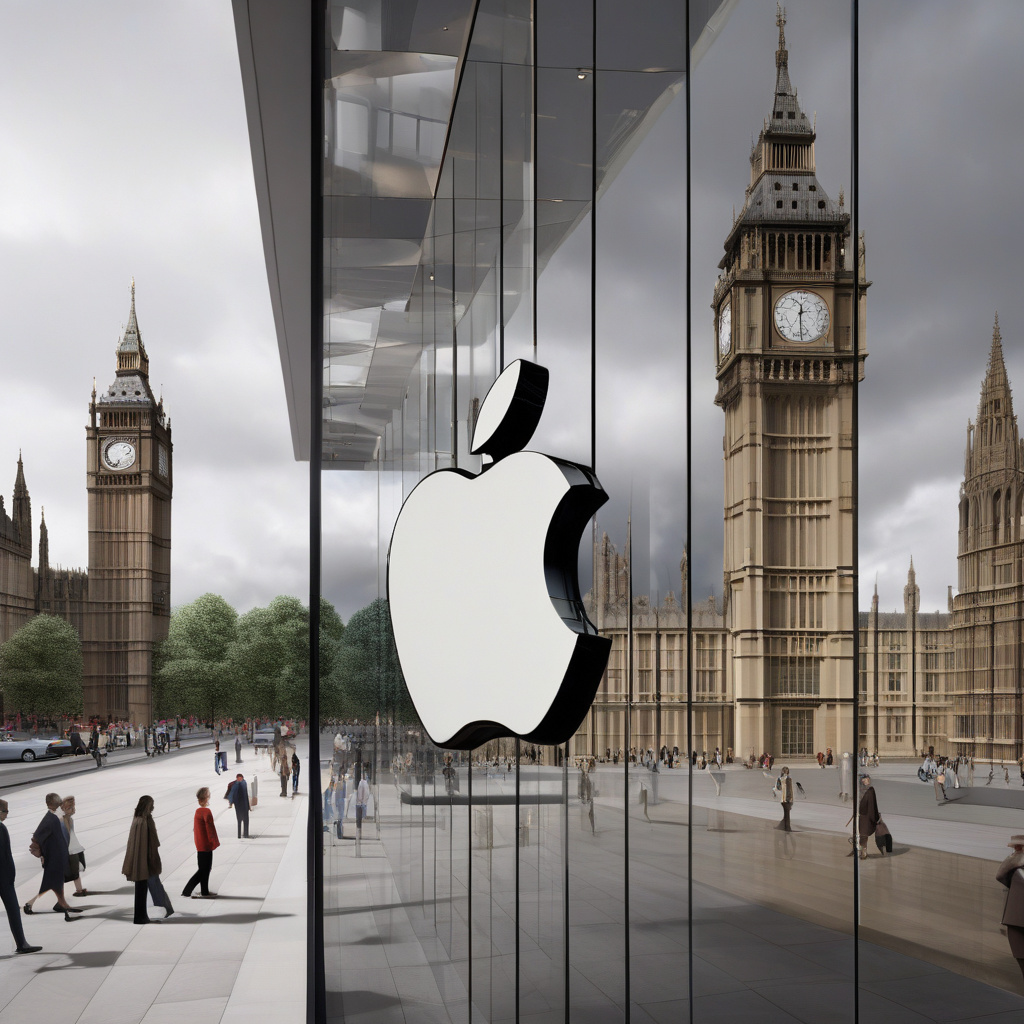Apple Warns UK: Overzealous Mobile Regulation is Bad for All
In a digital landscape where innovation thrives, regulatory actions can either nurture progress or stifle it. Recently, Apple has sounded the alarm in the UK, cautioning against overzealous mobile regulations that could have far-reaching consequences not only for the tech giant but also for its customers and the industry as a whole.
The UK’s Competition and Markets Authority (CMA) has proposed rules that Apple argues will not only hamper user experience but also impede innovation and compromise privacy and security standards. By advocating for EU-style regulations, the CMA seeks to impose additional oversight on Apple and Google due to their dominance in the UK mobile OS market.
Apple’s concerns are not unfounded. The company highlights the lack of evidence supporting the proposed measures and the potential repercussions of being compelled to share its proprietary technology with competitors for free. Such actions, Apple argues, would infringe on its intellectual property rights and hinder its ability to protect user data effectively.
Moreover, Apple raises valid points about the opaque decision-making processes behind these regulations. With interventions shaped by a select few individuals in closed-door sessions, the outcomes may not truly represent the broader developer community or the interests of consumers. This lack of transparency and accountability raises doubts about the efficacy and fairness of the proposed regulatory framework.
As Apple pushes back against what it perceives as unjust measures, the implications extend beyond the company itself. The UK risks alienating leading tech firms and jeopardizing its position in the global tech ecosystem. The potential repercussions of stringent regulations could impact not only Apple but also its customers, businesses relying on its products, and the broader tech industry’s trajectory.
In response to the regulatory challenges, Apple hints at potential repercussions, including a slowdown in feature introductions and security updates for UK customers. Such actions could have ripple effects on user experience, device security, and overall technological advancement within the UK market.
While the CMA maintains that its regulatory efforts aim to promote competition without compromising privacy and security, the practical implementation and outcomes remain uncertain. The delicate balance between fostering innovation and ensuring fair competition necessitates a nuanced approach that considers the diverse interests at stake.
In conclusion, the clash between regulatory authorities and tech giants like Apple underscores the complexity of balancing innovation, competition, and consumer protection in a rapidly evolving digital landscape. As stakeholders navigate these challenges, collaborative dialogue and evidence-based decision-making are essential to foster a regulatory environment that promotes innovation while safeguarding user interests. The outcome of this regulatory battle will not only shape the future of tech regulation in the UK but also set a precedent for similar debates globally.

